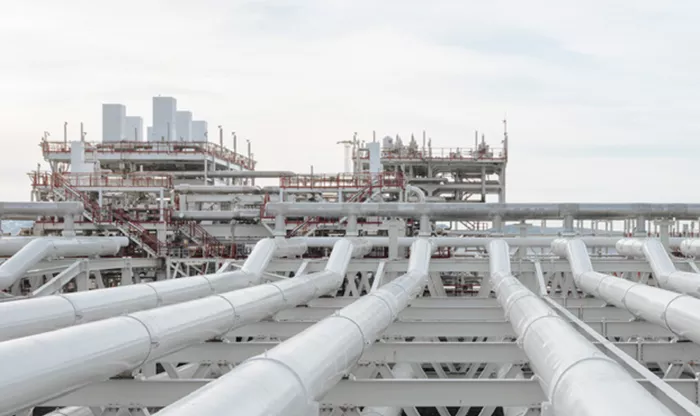Equinor, the Norwegian energy giant, has announced it will halt plans to export blue hydrogen to Germany, citing economic feasibility and insufficient demand as primary factors. The decision, made public on September 20, affects a project that aimed to supply German gas-fired power plants through the world’s first offshore hydrogen pipeline.
Blue hydrogen is produced from natural gas, utilizing a process that captures and stores carbon dioxide (CO2) emissions. According to Equinor spokesperson Magnus Frantzen Eidsvold, the hydrogen pipeline has not proven viable, leading to the discontinuation of the project. “We have decided to discontinue this early-phase project,” he told Reuters.
Despite this setback, Eidsvold confirmed that Equinor would continue to explore other hydrogen initiatives in their early stages, particularly in the Netherlands and the UK.
In January 2023, German energy company RWE had signed a memorandum of understanding with Equinor to facilitate hydrogen supply for gas-fired facilities in Germany, intended to replace coal-fired power generation as the country transitions away from coal. However, Eidsvold clarified that while plans to assist RWE in developing hydrogen-ready power plants in Germany will proceed, hydrogen will no longer be imported from Norway. RWE has indicated that these plants could be operational by 2030, pending regulatory approval.
Equinor CEO Anders Opedal previously estimated that establishing the hydrogen supply chain could cost “tens of billions of euros,” with the pipeline alone projected at around €3 billion ($3.35 billion). Eidsvold emphasized the need for long-term commitments from buyers across Europe to support future hydrogen export projects. “We are not able to make this kind of investments when we don’t have long-term agreements and the markets in place,” he stated.
In a related development, a German economy ministry official recently indicated that there are plans to use Norwegian gas for blue hydrogen production in the Netherlands, with captured CO2 being transported back to Norway for storage.
Related topics:
- ACU Receives NRC Approval to Construct Groundbreaking Molten Salt Nuclear Reactor
- IEA Calls for Urgent Action to Integrate Solar and Wind Power at Scale
- BlueFloat Energy and Dajin Heavy Industry Join Forces to Innovate Offshore Wind Technology

